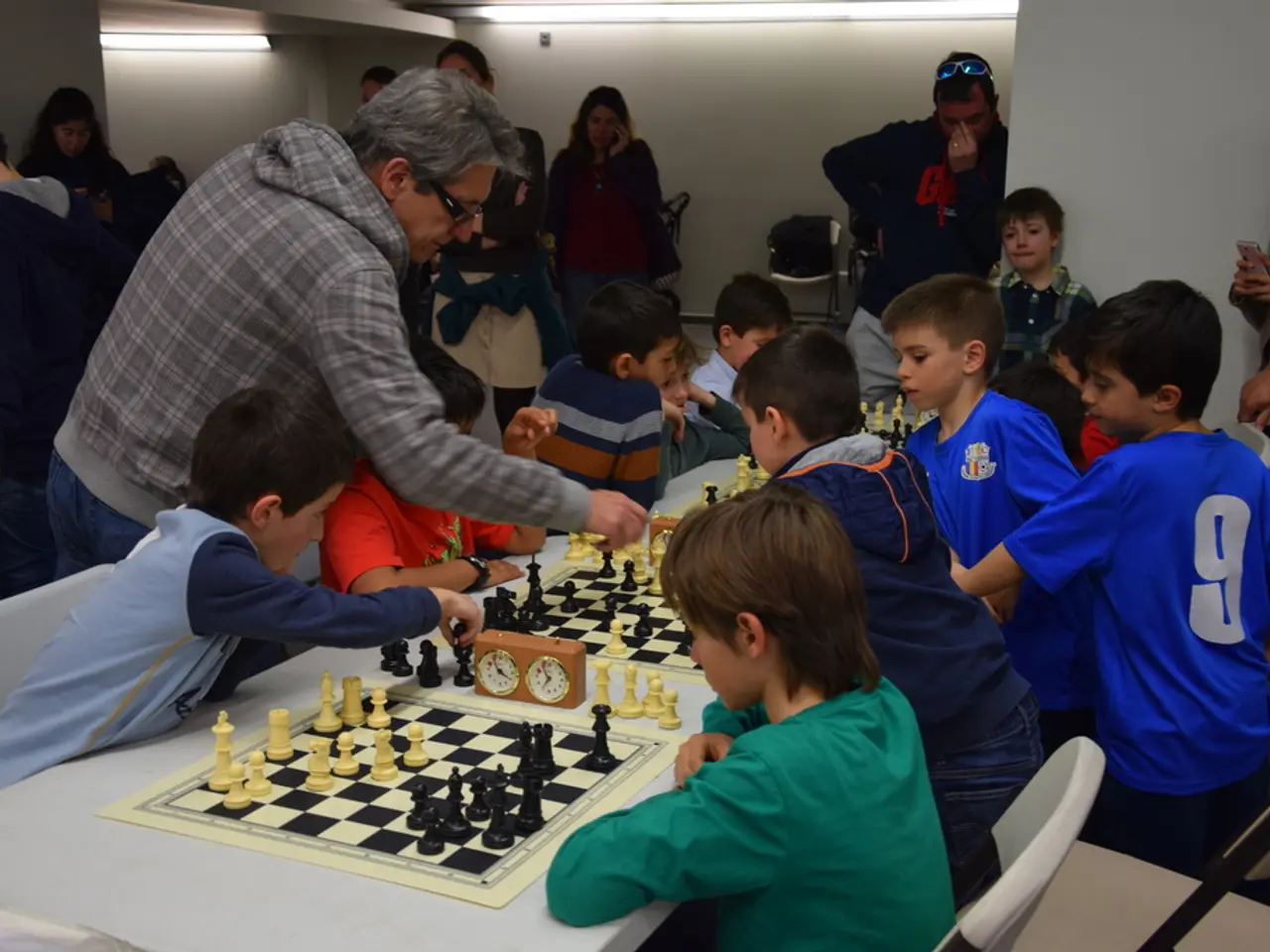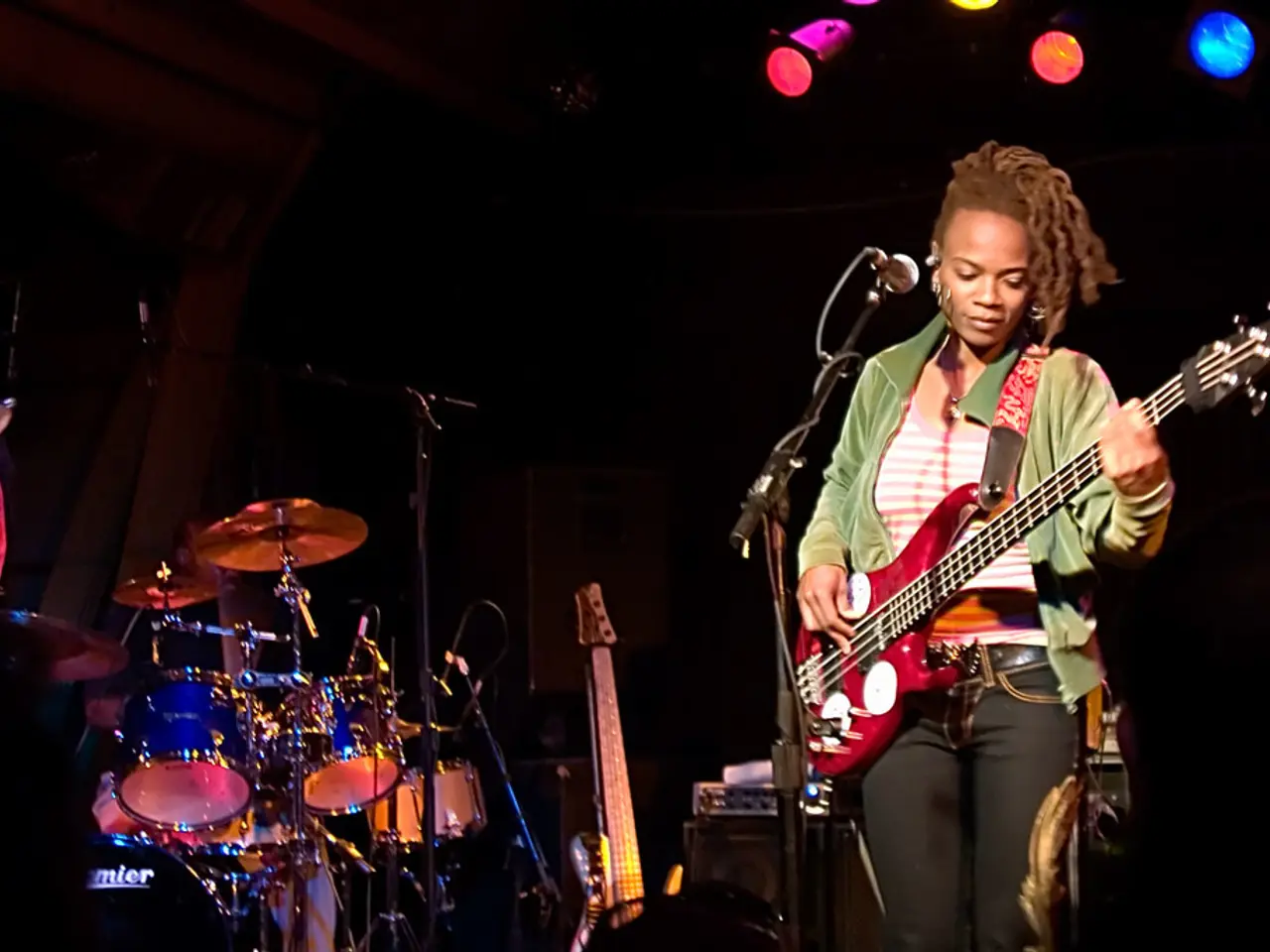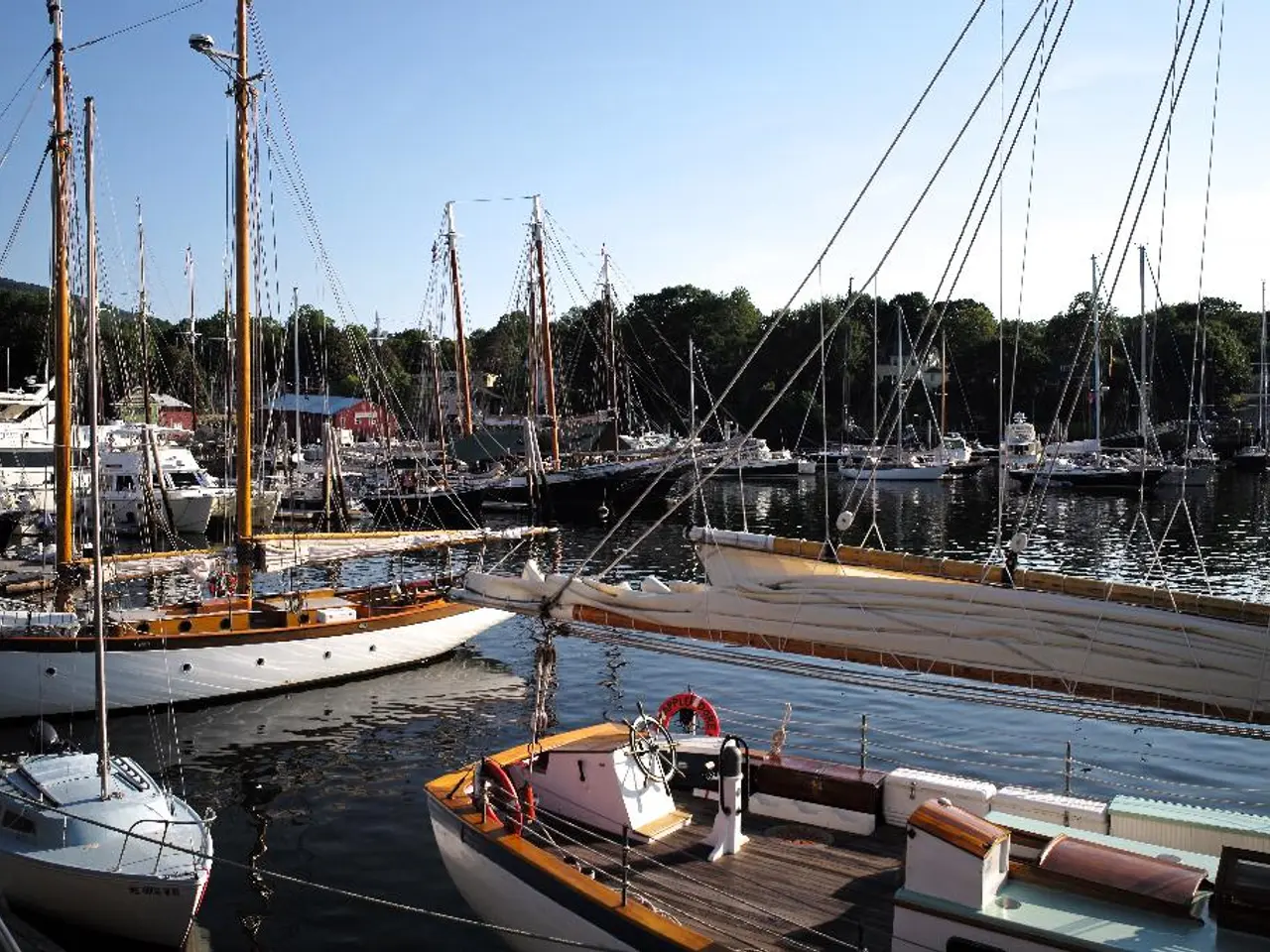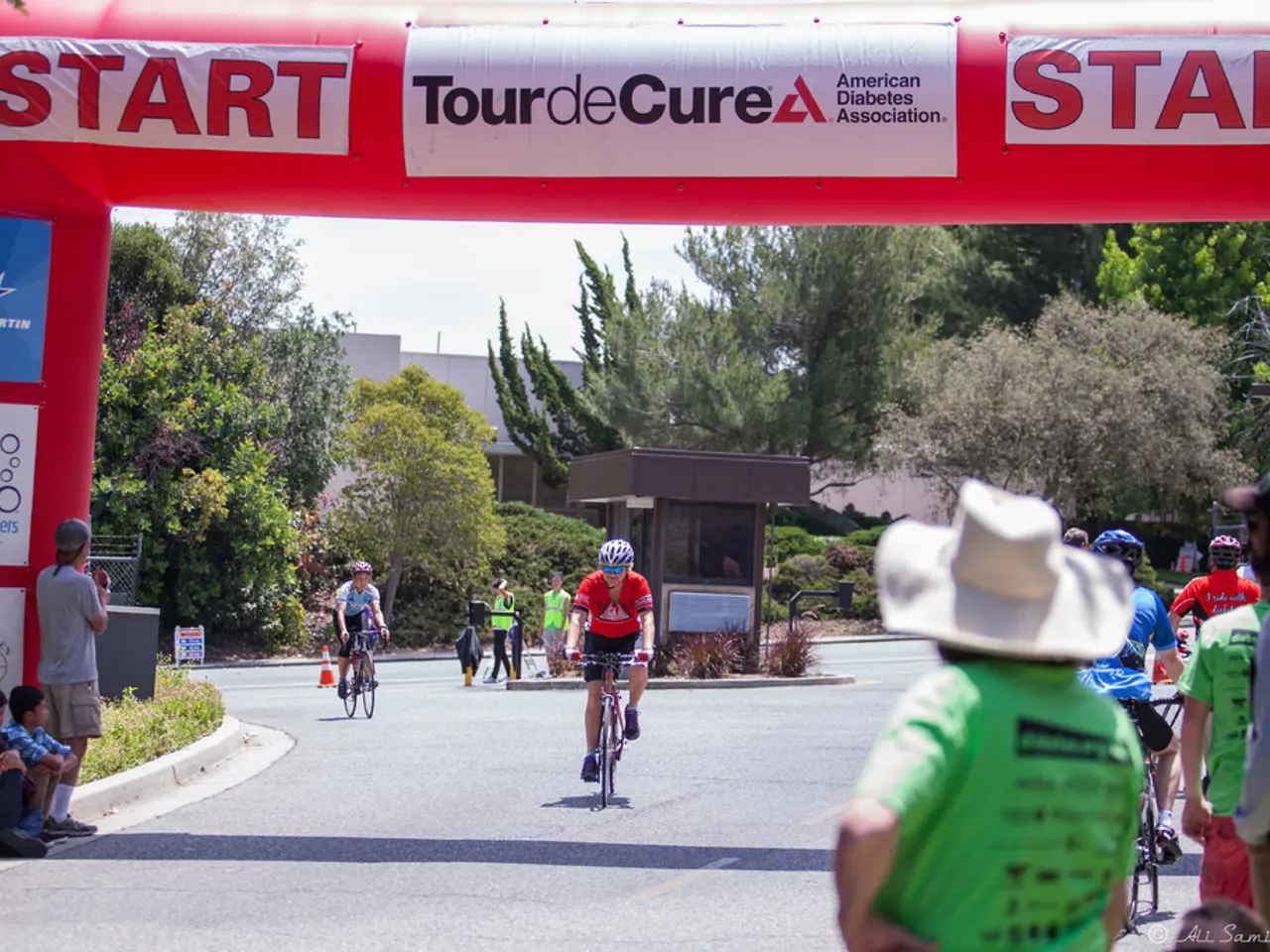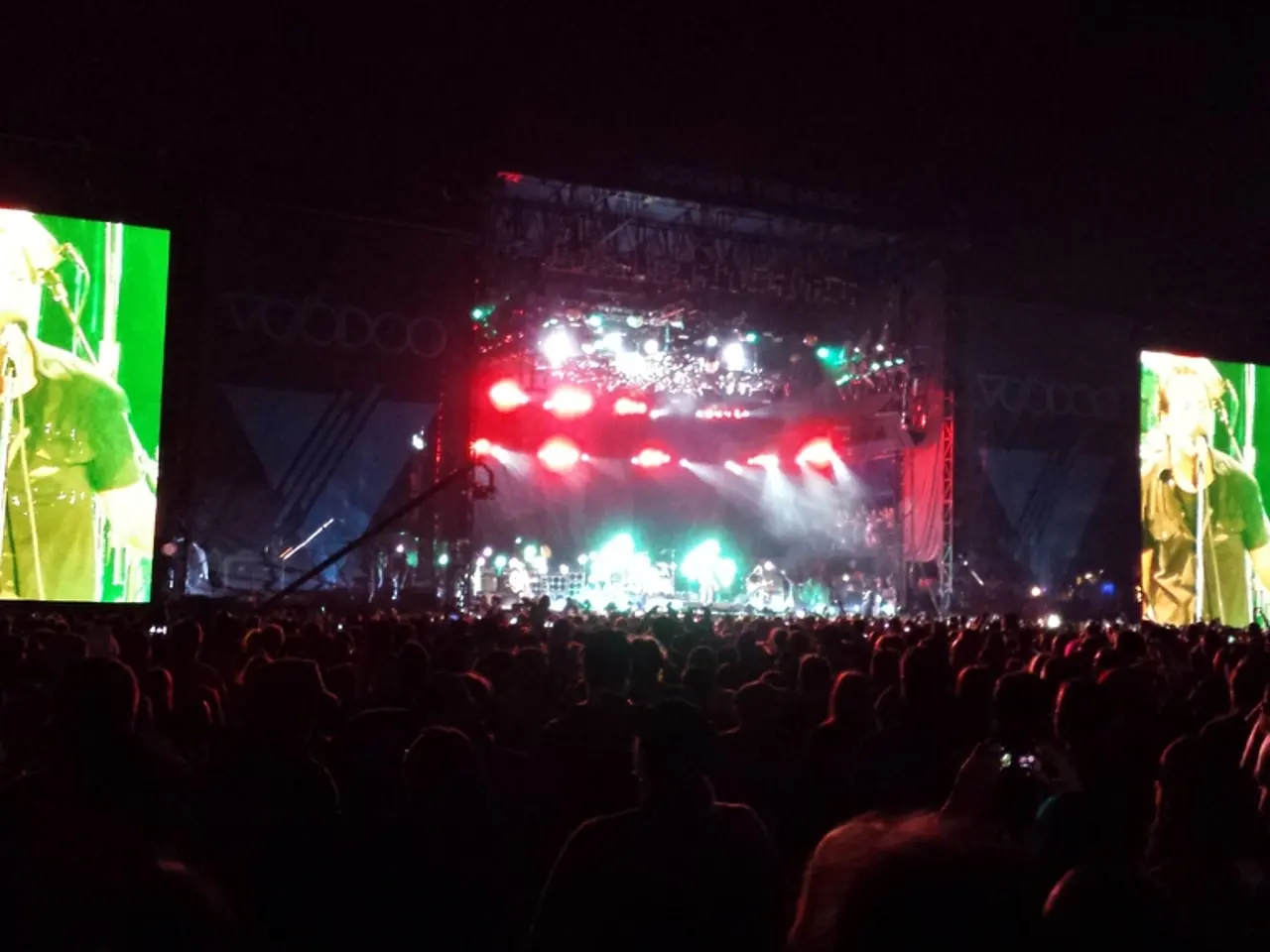The interplay of group dynamics shapes the strategic maneuvers within the Tour de France peloton, akin to a complex game of chess.
In the world of cycling, the Tour de France stands as one of the most prestigious events, a gruelling 21-day race that tests the limits of human endurance. But what sets the teams competing in this grand event apart is not just their physical prowess, but their ability to work together as a cohesive unit.
Each team in the Tour de France maintains group cohesion by adopting clear roles, fostering a strong team identity, and deploying strategic collaboration on the road. This approach allows them to sacrifice individual ambitions for collective success.
Defined Roles and Sacrifice
The hierarchy within a cycling team is evident in the roles each rider plays. Domestiques, or support riders, often sacrifice their own chances of winning in favour of helping their team leader. These domestiques protect their leader by sheltering them from wind, controlling the pace, fetching food and water, and chasing down breaks.
Group Identity and Psychological Cohesion
The peloton operates like a highly strategic, almost chess-like unit, where cooperation is critical. Psychologists studying the peloton describe it as a group with strong identity and solidarity, which helps riders subordinate their personal ambitions to team objectives. This shared identity makes the riders feel part of something bigger, motivating them to cooperate.
Strategic Teamwork and Pace Management
Teams often use tactical pacing strategies to conserve energy for their leaders, controlling the race tempo especially in crucial sections such as mountain climbs or time trials. Teams like INEOS Grenadiers are known for their classical pace-setting approach, with riders working cohesively to protect their leaders and unleash attacks at key moments.
Learning from Past Challenges
Teams like Visma have dealt with internal conflicts in the past but have since learned to prioritize cooperation. Their success in isolating rivals and responding quickly with coordinated counterattacks exemplifies how teamwork and cohesion translate into race-winning tactics.
The TotalEnergies riders recently earned the rare honour of a double combativity award in this year's Tour, a testament to their relentless teamwork and strategic collaboration.
The Key to Winning the Tour de France
The key to winning the Tour de France lies in investing in great riders and maintaining a balanced team. Professor Stephen Reicher of the University of St. Andrews, who studies group psychology and identity formation in cycling, emphasises the importance of a shared identity in a team's success.
However, the peloton is a classic example of the tension between individual and group interests. Team loyalties can sometimes break down during races, with riders going rogue. Old favours and nationality can play a role in coalition formation during stages.
Despite these challenges, the success of a team in the Tour de France depends on their ability to cultivate a shared identity and work together strategically. This year's Tour de France is a testament to the power of teamwork and strategic collaboration, as teams like Visma-Lease a Bike demonstrate their critical role in the tour, aiding the efforts of individual riders like Pogačar and Jonas Vingegaard.
[1] Reicher, S. D., & Hopkins, D. A. (2010). The social psychology of crowds and group behaviour. Psychology Press. [3] Fletcher, J. (2018). The secret race: inside the hidden world of the Tour de France: doping, cover-ups, and win-at-all-costs. Little, Brown Spark. [5] Hutchinson, J. (2019). The peloton: the extraordinary story of the Tour de France. Simon & Schuster UK.
Cycling teams in the Tour de France employ strategic collaboration and defined roles to achieve collective success. Domestiques, support riders, often sacrifice their own chances of winning to help the team leader, while the peloton operates like a cohesive, strategically-minded unit, prioritizing team objectives over individual ambitions.
